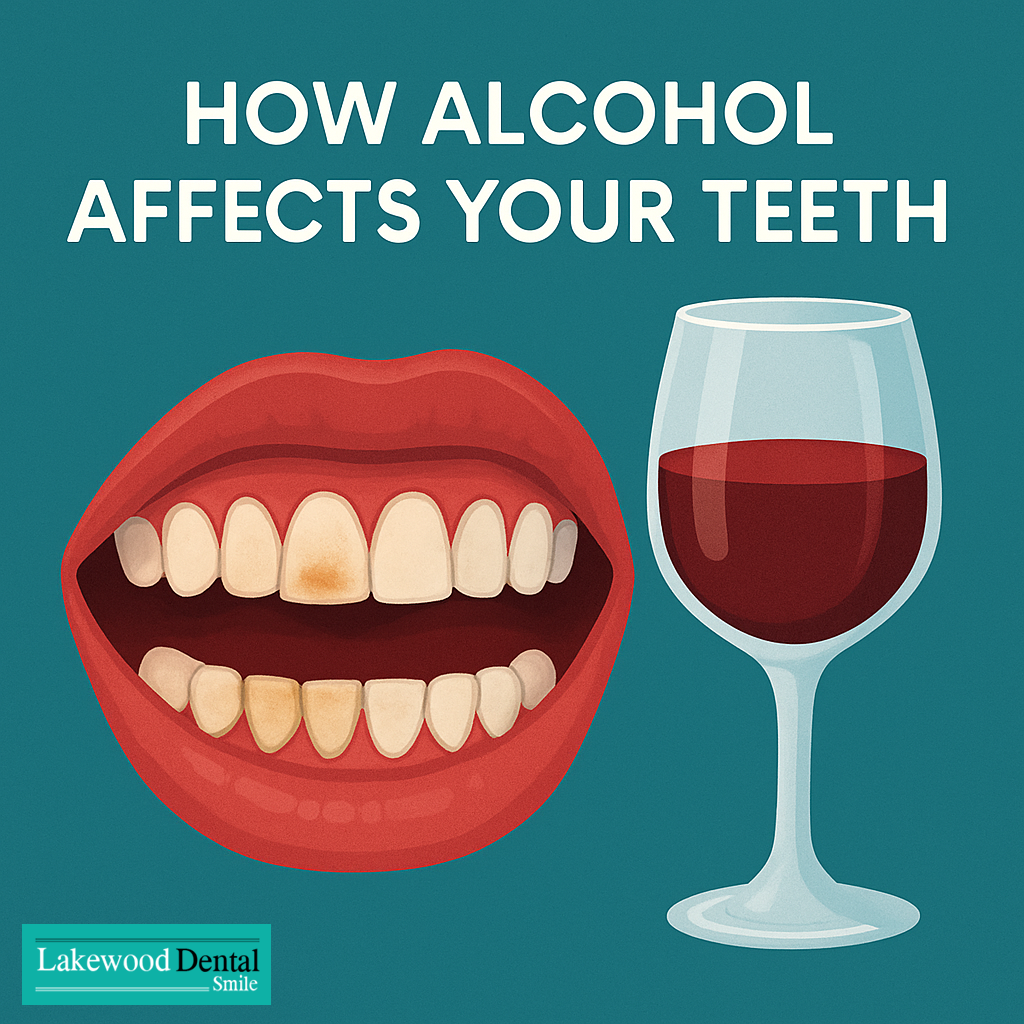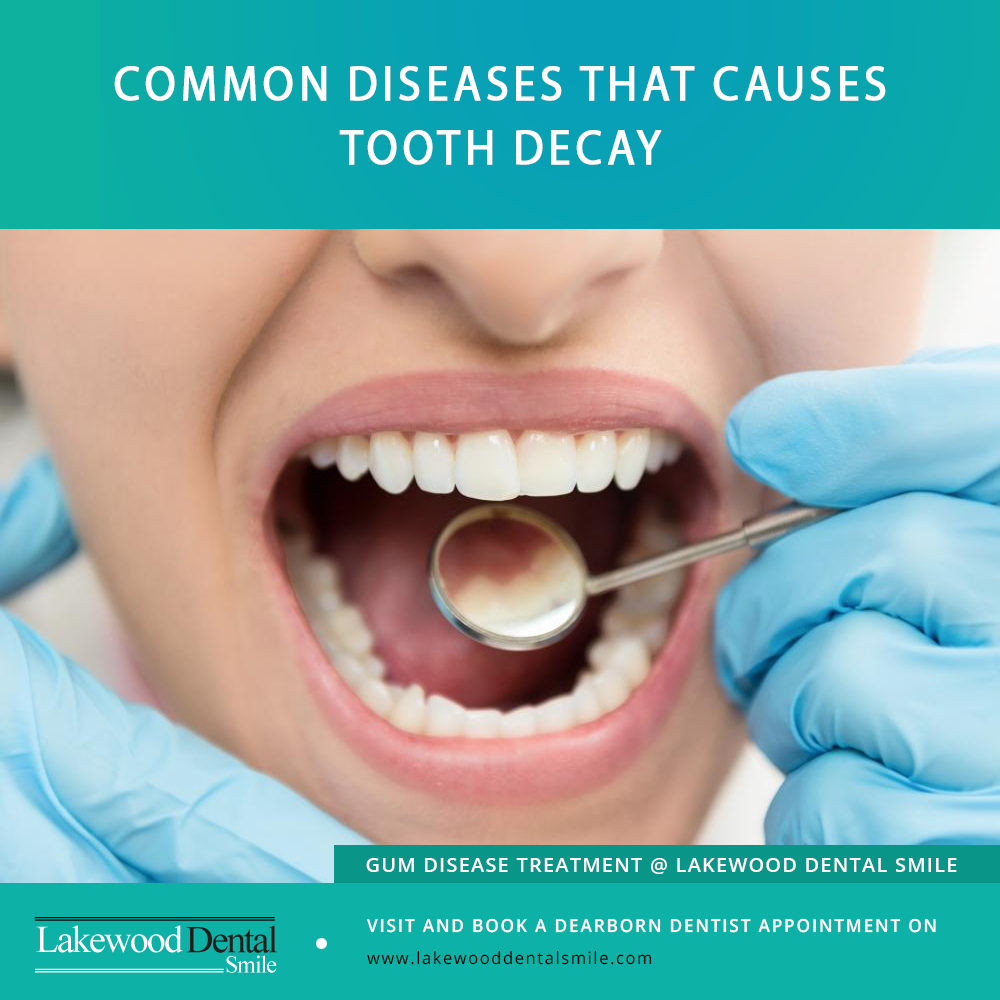Bad breath can be both embarrassing and socially uncomfortable. Fortunately, there are many effective ways to manage it. In this article, we explore the best ways to make your breath smell good, helping you maintain fresh, confident breath throughout the day.

Understanding the Causes of Bad Breath
Bad breath, also called halitosis, often comes from bacteria in the mouth. These bacteria produce sulfur compounds that create unpleasant odors. Common oral causes include:
- Cavities and gum disease
- Food particles trapped in teeth or tonsils
- Cracked fillings or poorly cleaned dentures
Certain health conditions, such as diabetes, liver disease, or chronic respiratory infections, may also contribute. While occasional morning breath is normal, persistent odor should be addressed immediately.
1. Maintain Proper Oral Hygiene
Proper oral care is one of the best ways to make your breath smell good. Key steps include:
- Brushing: Twice daily, using fluoride toothpaste
- Flossing: Removes food particles and bacteria between teeth
- Mouthwash: Use antibacterial or antiseptic rinses to kill odor-causing bacteria
Cosmetic rinses may provide a temporary fresh smell, but antibacterial products treat the root cause of bad breath.
Tip: Replace your toothbrush every 3 months to prevent bacteria buildup.
2. Watch Your Diet Closely
Your diet plays a crucial role in maintaining fresh breath. Foods are absorbed into the bloodstream and released through the lungs, affecting odor. To keep breath fresh:
- Avoid strong-smelling foods like garlic, onions, and heavily spiced dishes
- Eat a balanced diet rich in fruits, vegetables, and whole grains
- Drink plenty of water to rinse away food particles and bacteria
Extreme fasting or low-carb diets may cause metabolic changes, leading to foul-smelling breath. Staying hydrated and eating nutritious meals is a simple and effective way to maintain freshness.
3. Quit Smoking and Tobacco Use
Smoking and other tobacco products dry out the mouth, reducing saliva flow. Nicotine constricts blood vessels, impairing oral health. Quitting tobacco is one of the best ways to make your breath smell good, improving not only your breath but overall oral health.
Tip: Chew sugarless gum or use mouth rinses to help manage dry mouth during the quitting process.
4. Clean Your Tongue Daily
Bacteria often cling to the tongue, especially around the taste buds, releasing foul odors. To combat this:
- Use a tongue scraper every day
- Gently brush your tongue during your regular brushing routine
- Chew sugarless gum to stimulate saliva production
These practices remove bacteria and prevent odor from lingering.
5. Stay Hydrated Throughout the Day
Drinking water is crucial for fresh breath. It:
- Keeps the mouth moist
- Washes away food particles
- Reduces bacterial buildup
Avoid sodas and acidic bottled drinks, which can erode enamel and worsen bad breath. Proper hydration is one of the simplest and most effective best ways to make your breath smell good.
6. Use Natural Fresheners
Mint leaves, parsley, or cilantro naturally neutralize odors. Chewing these leaves or sipping green tea with antibacterial properties helps maintain freshness. These natural remedies complement regular oral care and offer a subtle, lasting boost to breath quality.
Tip: Keep fresh mint or parsley at your desk or in your bag for on-the-go freshness.
7. Regular Dental Checkups
Even with perfect home care, professional dental checkups are essential. Dentists can identify cavities, gum disease, or other issues that cause bad breath. Regular visits are another important best way to make your breath smell good, preventing small problems from becoming persistent issues.
Summary: Key Takeaways
1. Brush, floss, and rinse daily
2. Stay hydrated and watch your diet
3. Avoid tobacco and strong-smelling foods
4. Clean your tongue regularly
5. Use mint and natural remedies
6. Schedule regular dental checkups
By following these tips consistently, you can enjoy fresh, confident breath every day.




